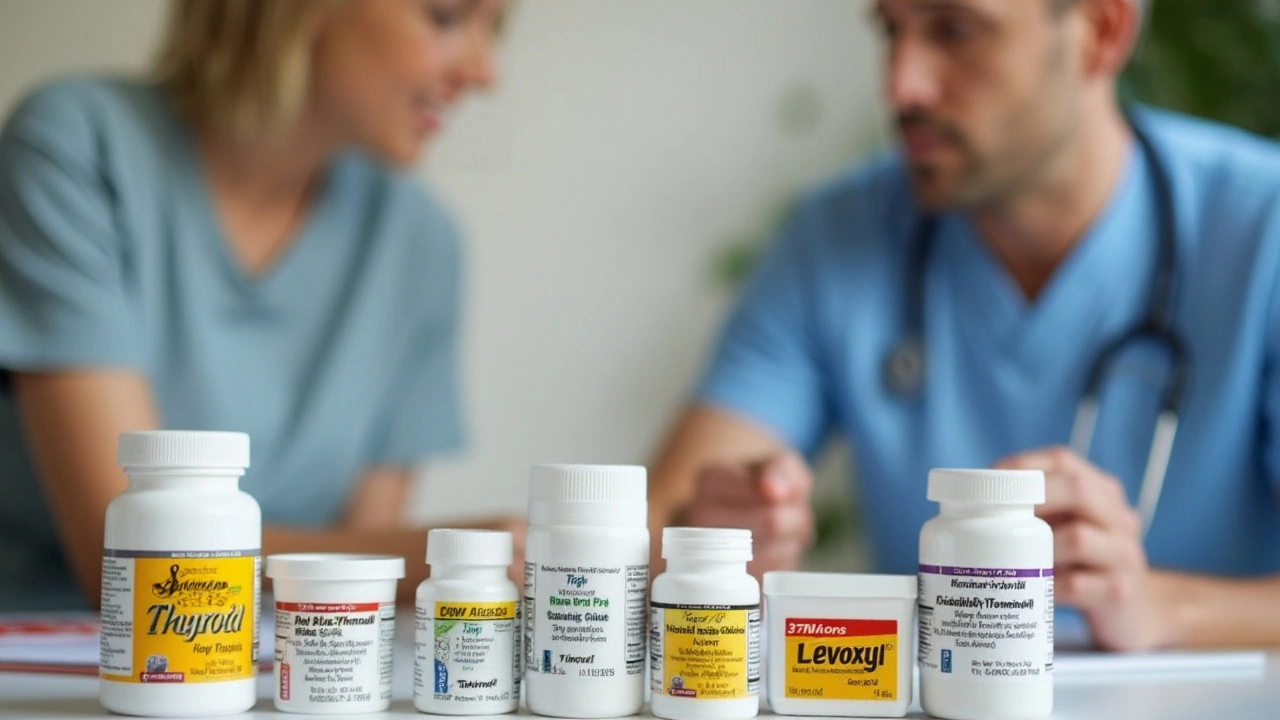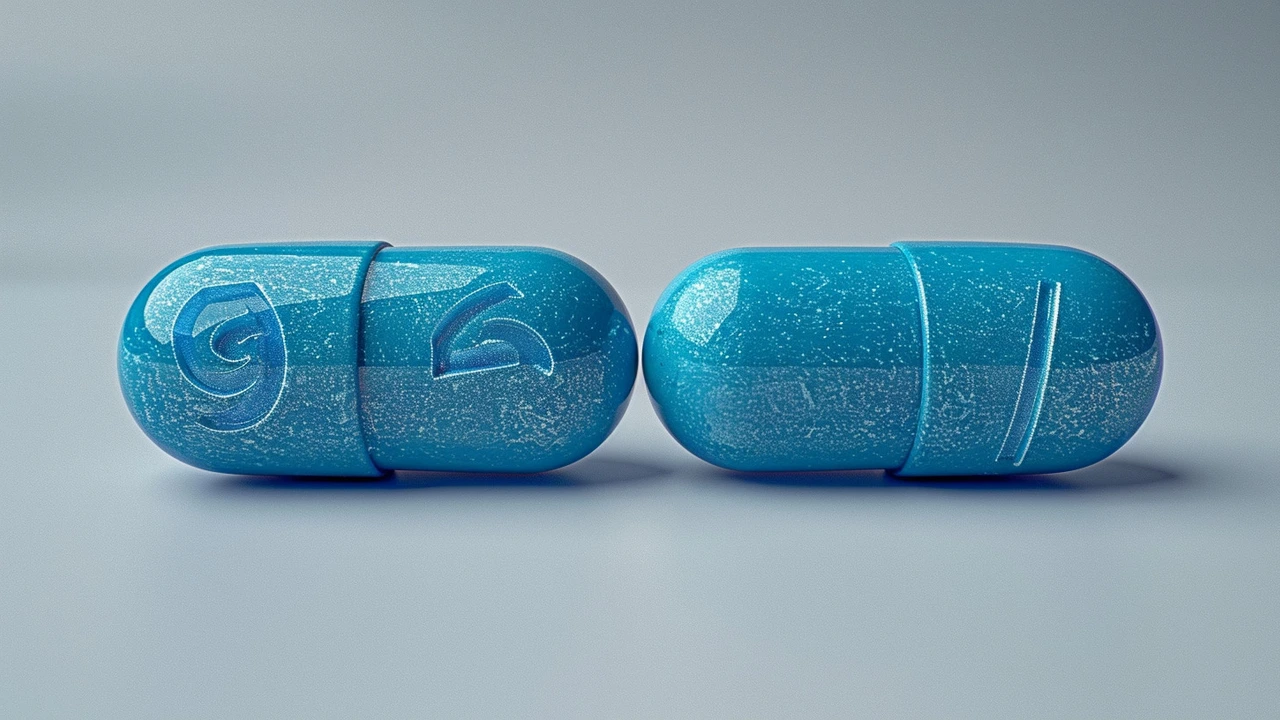Hypothyroidism treatment: what works and what to expect
If your doctor just told you your thyroid is underactive, this guide helps you understand the treatments, what matters most, and how to save on meds.
First-line treatment is levothyroxine — a synthetic T4 hormone that replaces the missing thyroid output. Most people feel better within a few weeks, but full improvement can take two to three months. Your dose depends on weight, age, other health conditions and medications. That means one-size-fits-all pills or online advice aren’t reliable substitutes for a doctor’s prescription and blood tests.
Monitoring and dose changes
Your doctor will use TSH and sometimes free T4 blood tests to adjust dose. After a new start or dose change, labs are usually checked in six to eight weeks. Common signs of under-replacement are fatigue, weight gain, and cold intolerance. Signs of too much hormone include racing heart, anxiety, weight loss, and trouble sleeping. Tell your clinician about new symptoms — the goal is a stable TSH in your target range, not a zero number.
Several medicines and supplements change levothyroxine absorption. Take levothyroxine on an empty stomach, 30–60 minutes before breakfast, or at bedtime several hours after eating. Calcium supplements, iron pills, some antacids, and certain cholesterol drugs can lower absorption. If you take those, separate them from thyroid medicine by at least four hours or ask your pharmacist for timing tips.
Alternatives, combination therapy and real-life choices
Some patients ask about natural desiccated thyroid or adding liothyronine (T3). A small group feels better on combination therapy, but studies don’t clearly favor it for everyone. Discuss risks, benefits, and careful monitoring with your prescriber. Pregnancy, heart disease, and older age change the treatment approach; pregnancy needs higher doses and faster monitoring.
Cost is a real issue for many. Our site offers a step-by-step guide to using prescription savings cards and discount codes for thyroid hormone replacement that can cut expenses at the pharmacy. We also review safe online pharmacy practices so you can spot licensed sellers and avoid risky sources. Never buy thyroid drugs from sites that don’t require a prescription or show pharmacy licensing.
Finally, lifestyle matters. Treating hypothyroidism with medication is the main step, but regular sleep, balanced diet, and asking your doctor about drug interactions help symptoms improve faster. Keep a simple log of symptoms and medication times — it makes dose discussions with your doctor much easier. If you get sudden worsening symptoms, chest pain, or severe palpitations, seek medical care right away.
Practical tips: bring a list of all medicines, check your pharmacy for generic levothyroxine options, ask for pill blister packs to track doses, and set phone reminders. If you plan to travel, carry a copy of your prescription and a small letter from your doctor explaining your need for medication. For affordability, compare prices, use manufacturer coupons when available, and ask your pharmacist about splitting higher-dose tablets if appropriate. Always confirm any changes with your prescriber before adjusting dose. Keep follow-up appointments on schedule every year.

